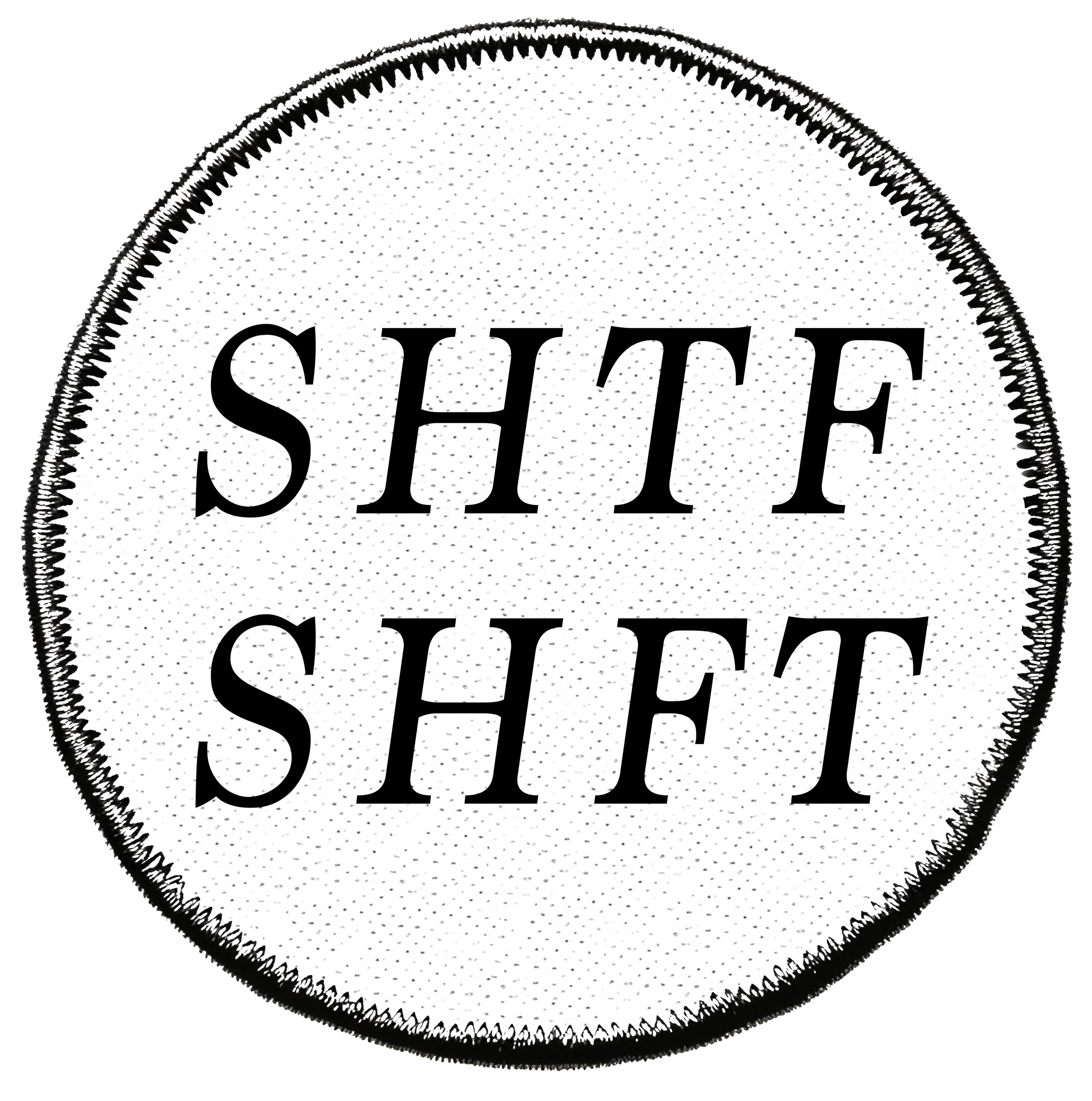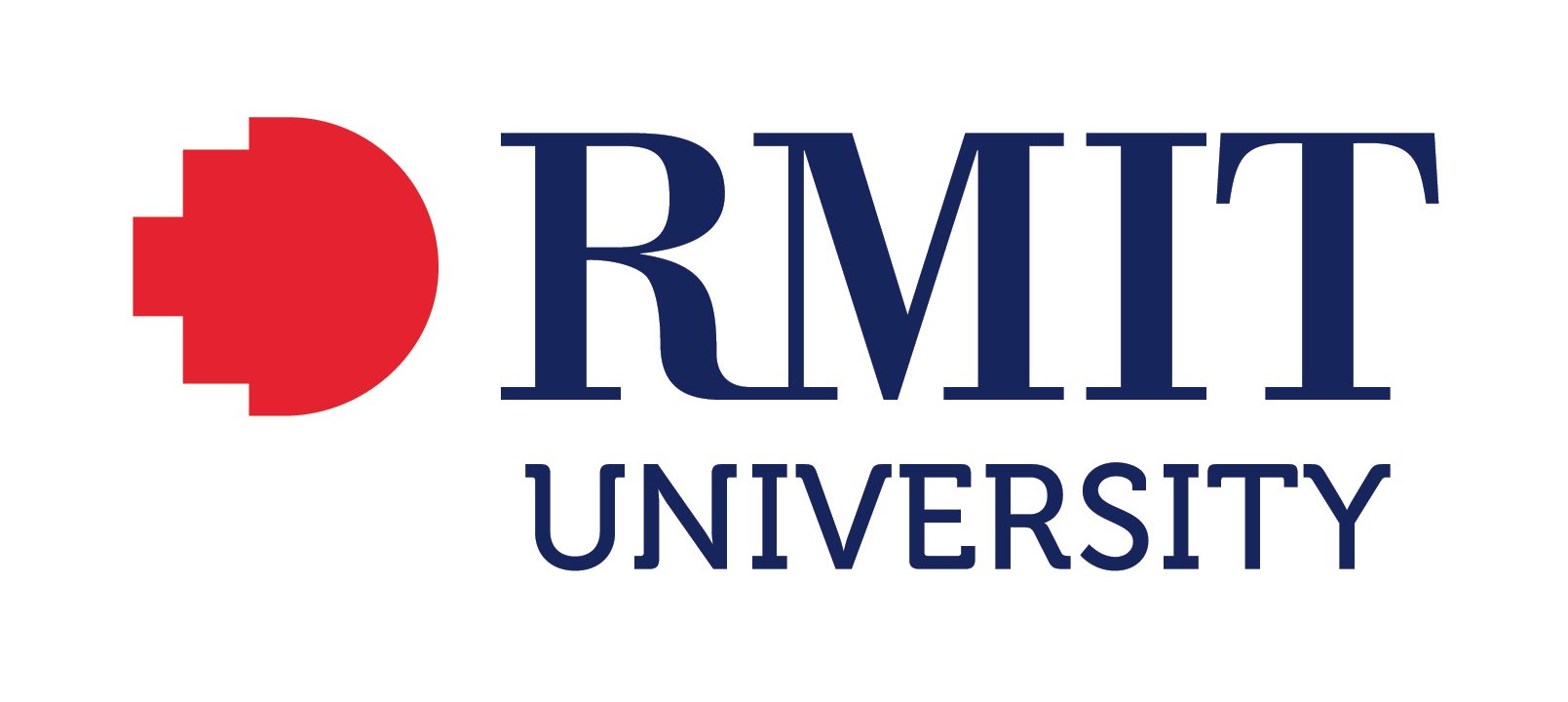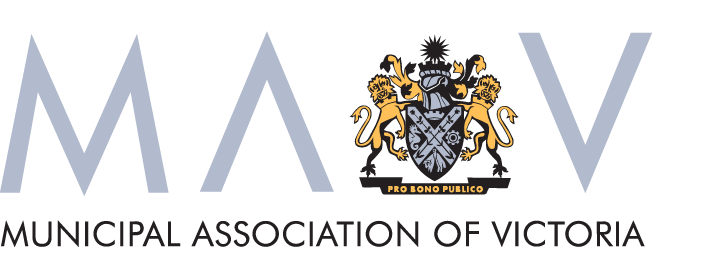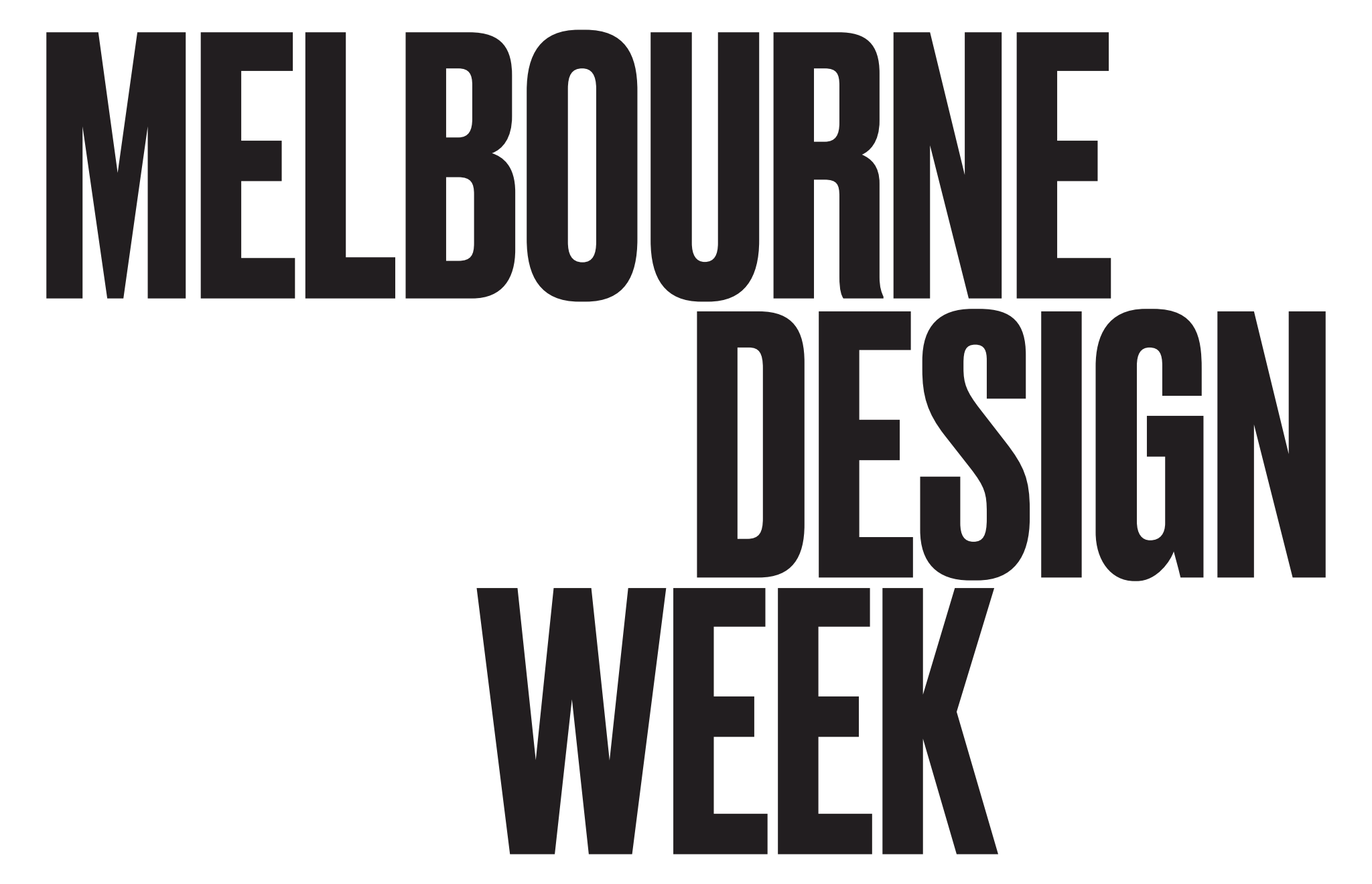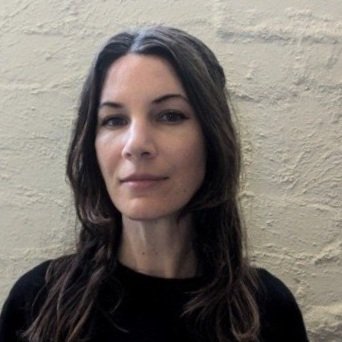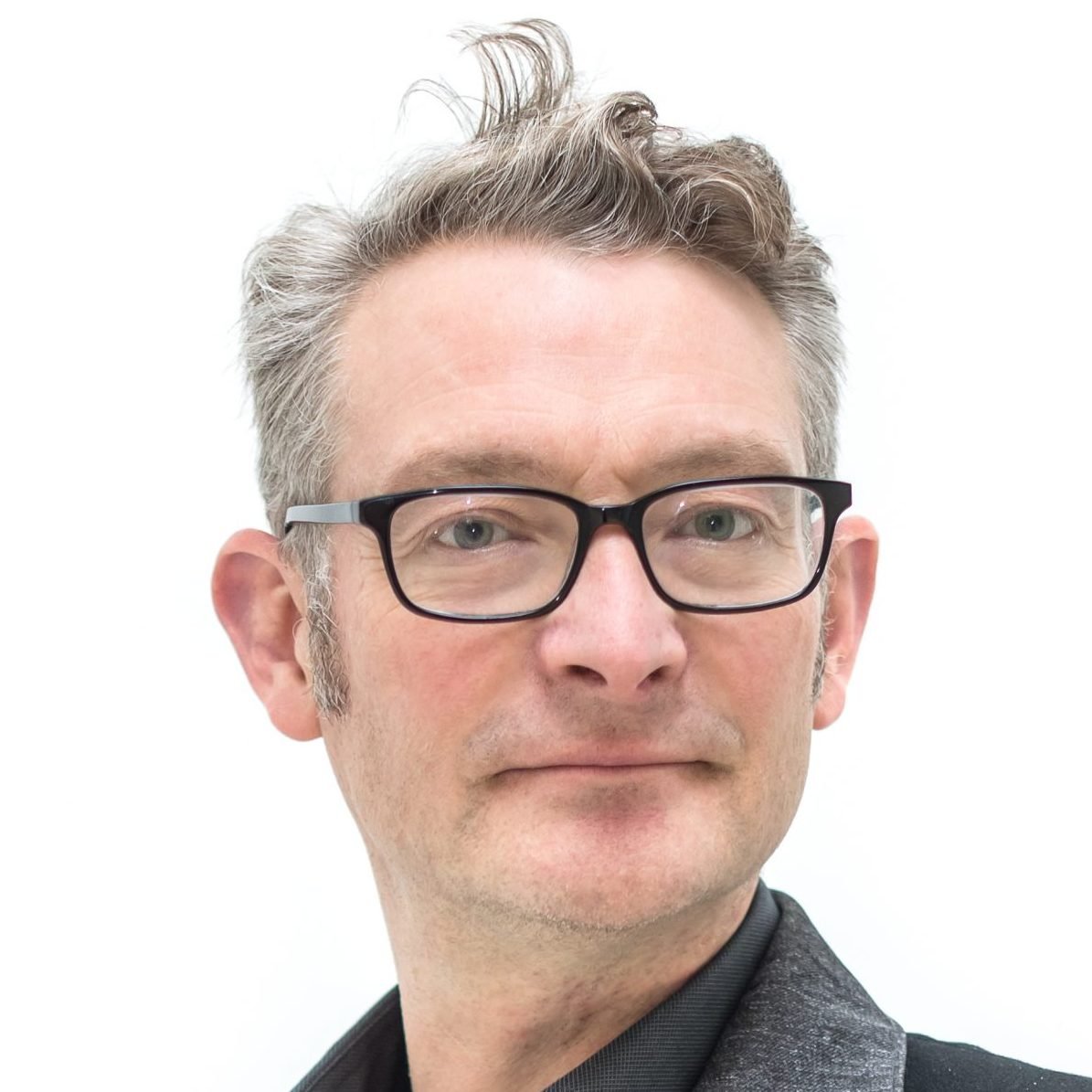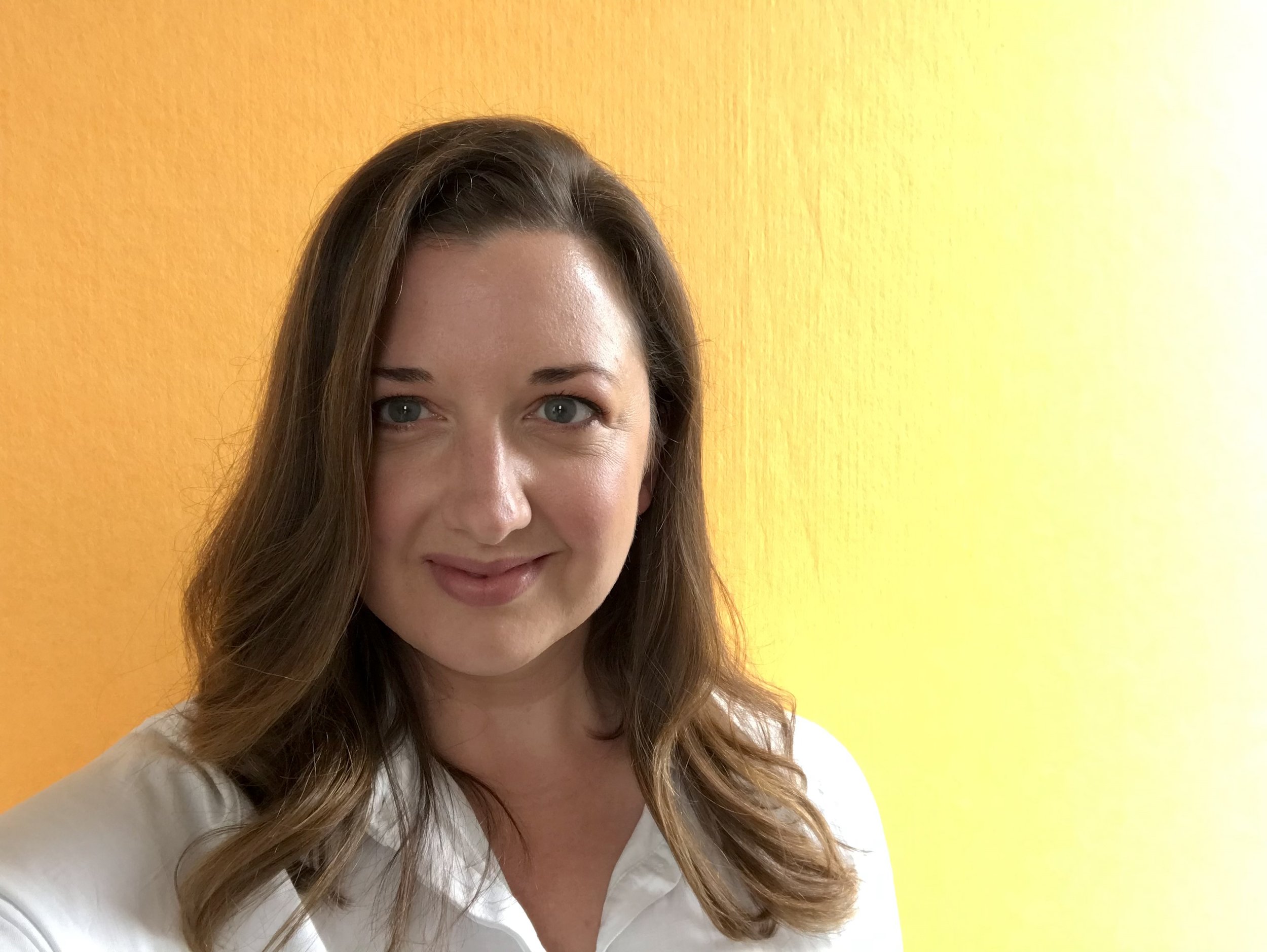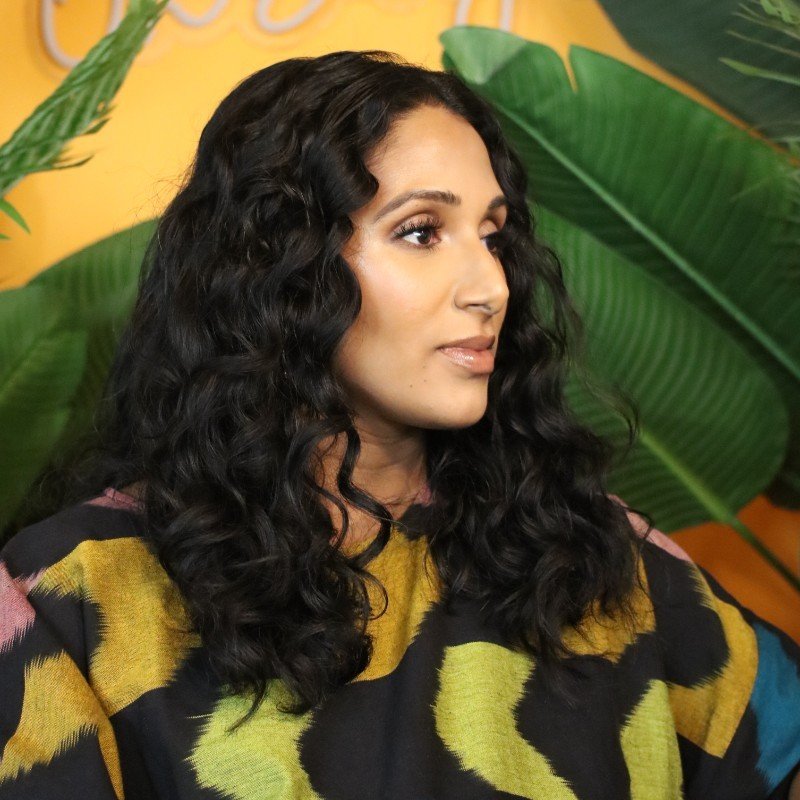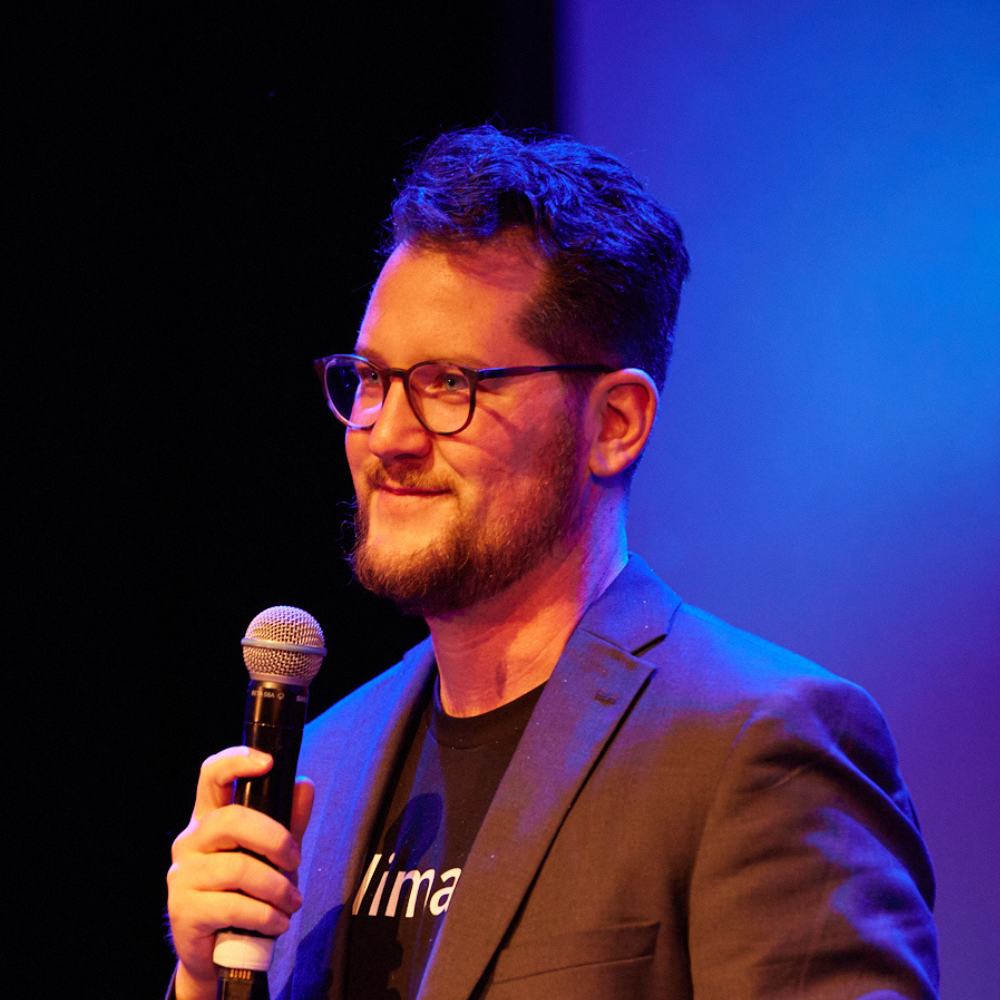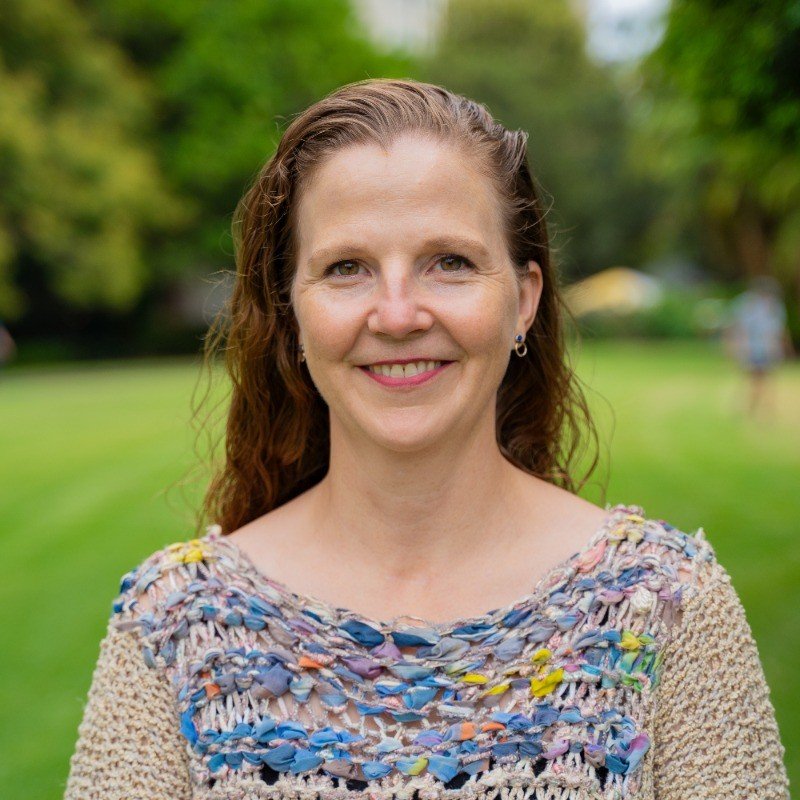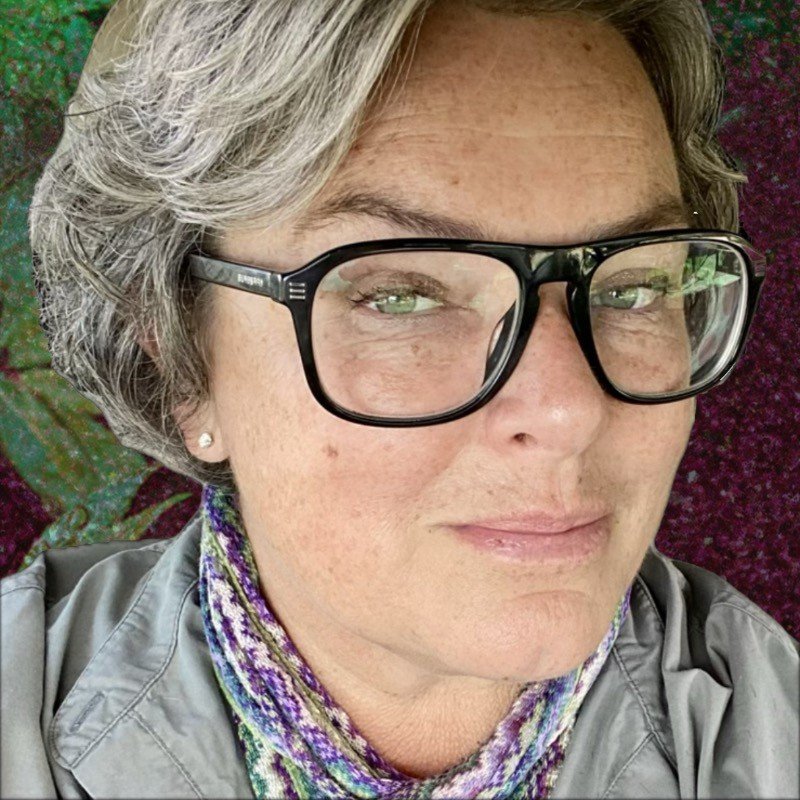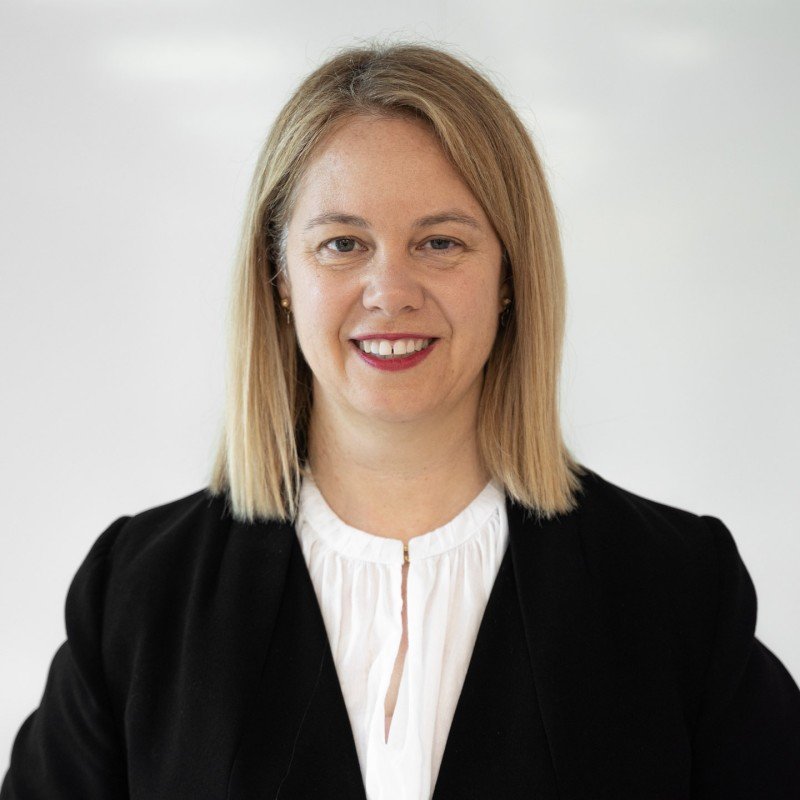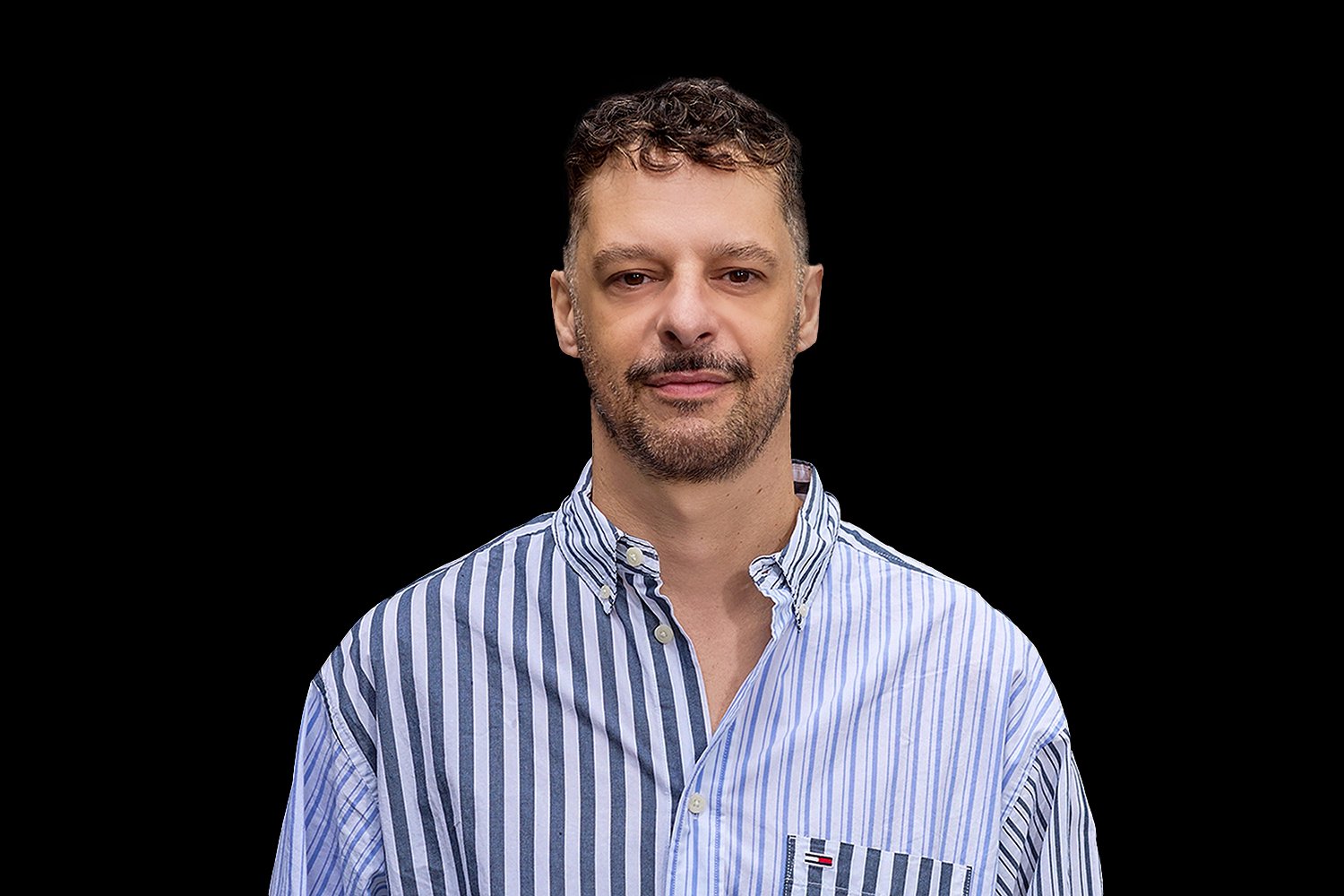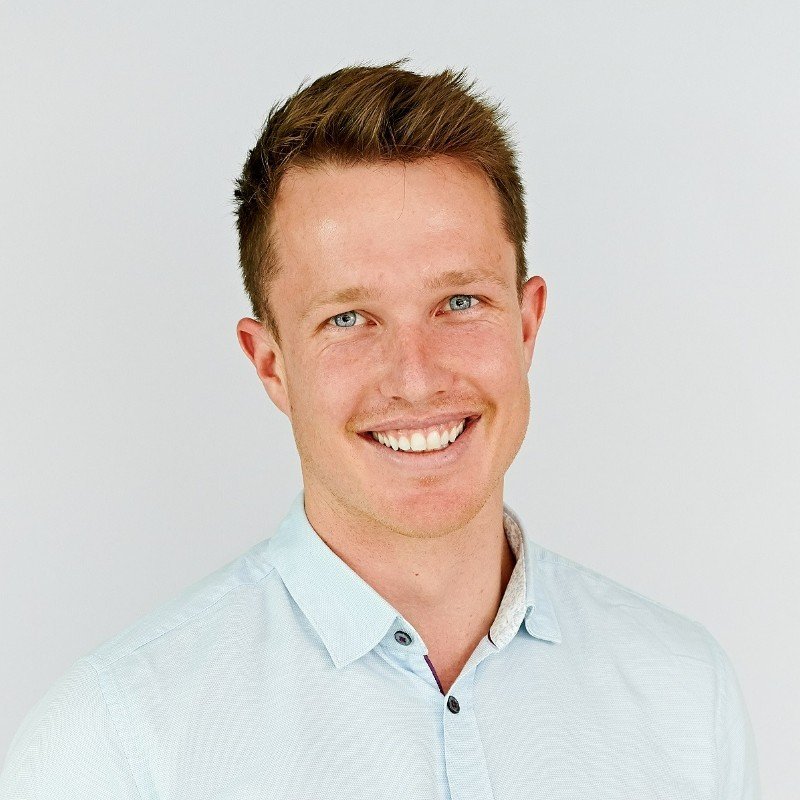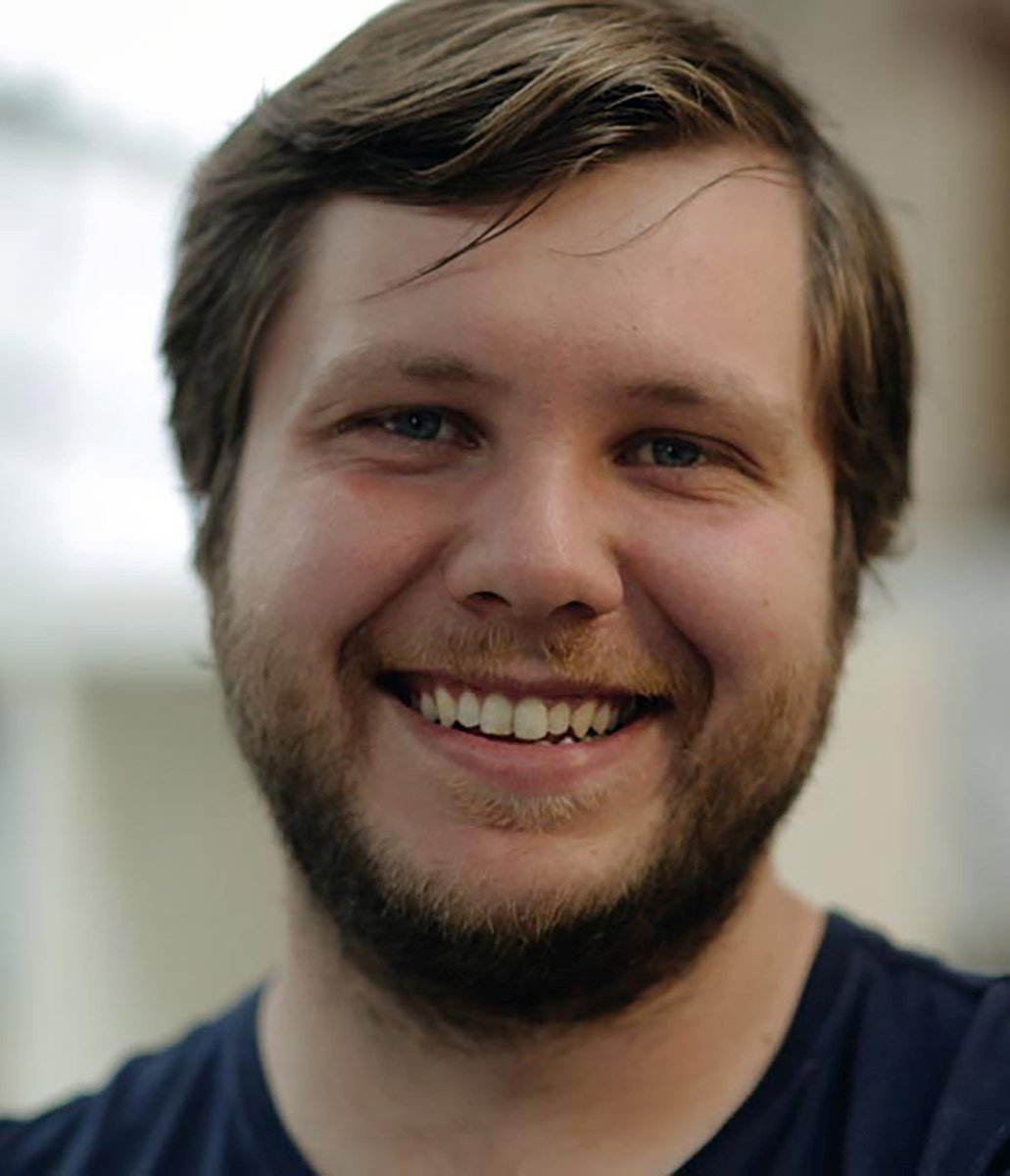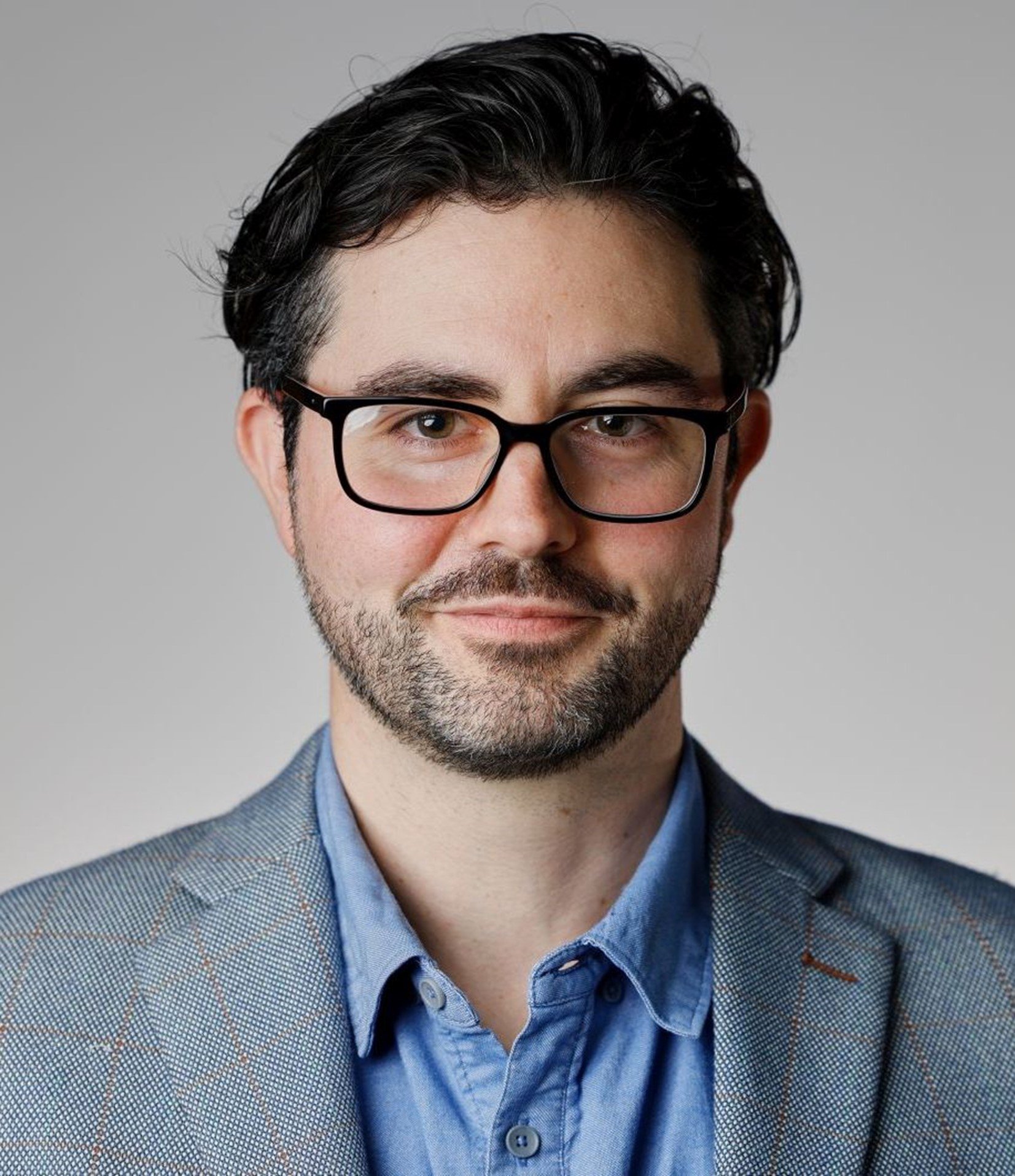Refuge hackathon
From parks to waterways, plazas to sporting fields, our civic infrastructures act as places of refuge and respite for both human and non-human residents alike. The Refuge hackathon will explore the roles these infrastructures might play in creating more resilient cities and communities into the future.
Join us as part of Melbourne Design Week, where - over three days of interactive action and inspiration - teams will collaborate to produce working prototypes that respond to a civic resilience ‘refuge’ challenge. A coalition of exciting partners have convened a treasure trove of datasets and skills sets to support innovative applications and analysis.
We're calling out to professionals and students in architecture, design, engineering, policy, AI generative design, social impact and resilience. Assemble your team of three to five and register your interest.
Refuge hackathon is a collaboration between ARUP, SHTF SHFT, City of Melbourne, RMIT, The Municipal Association of Victoria, Melbourne Design Week and partners to explore the greater possibilities for refuge in a rapidly changing world.
Challenge Statement:
Challenge topic
‘Refuge’ in an urban context can mean a place of quiet respite, a place of temporary shelter or a place of last resort in times of crisis. In a time of environmental crisis with cascading social and economic impacts we need to rethink likely and unlikely sites of refuge to be more adaptable, more responsive and more able to provide care to humans and non-human city-dwellers.
Challenge statement
Your challenge is to use data differently to reposition refuge. How can we better design, utilise, coordinate and care for places of refuge? You have 48 hours to develop a working prototype. Hacks should focus on creating easily communicable, actionable outcomes.
Data sets will be released to all entrants one week prior to hackathon as part of an online briefing session.
We challenge you to think about civic infrastructures as more than just physical spaces.
We're looking for prototypes that can be anything from a digital solution to a physical model or even a community-driven initiative. The goal is to demonstrate how these ideas can be implemented to make our cities better places for all.
-
Sign up to participate in Refuge hackathon here: https://events.humanitix.com/refuge-hackathon
At Refuge, we're bringing together a diverse group of thinkers and doers—ranging from students to professionals in fields like architecture, engineering, and data science.
Our goal? To leverage the power of design, data, technology, and policy to inspire and test ideas for more resilient urban spaces. From parks to plazas, our cities are filled with untapped potential for sanctuary and sustainability.
We encourage you to sign up as a team of 3 to 6 participants - OR - if you’re flying solo - we will do our best to match-make individuals.
At least one participant must be physically present for both the launch and pitch events.
Every team needs a "data guru"—someone who can manipulate and make sense of datasets to drive your project.
We have limited spots for up to 20 teams, to ensure a focused and impactful experience for all involved.
-
Teams
We encourage anyone (16+) with an interest in data informed design and community resilience to join the fun. Students and professionals welcome. (Minors must be accompanied by a responsible adults at all times).
We are looking for teams of 3-6, with the flexibility for individuals to sign up and be placed in teams.
At least one participant must be physically present for both the launch and pitch events.
Every team needs a "data guru"—someone who can manipulate and make sense of datasets to drive your project.
Inspirational Speakers and Mentors
Guidance comes from the best in the field. Our speakers and mentors are industry leaders eager to share their knowledge on everything from urban analytics to change management. It's a unique opportunity to learn, grow, and network with some extraordinary leaders.
-
Event Overview
Refuge hackathon runs over 2.5 days. It kicks off with an exciting launch event to introduce and brief teams and inspire great work! This is followed by 2 days for working through ideas and building a prototype. In the afternoon of the final day, teams will pitch their concepts for awards and recognition!
Launch Event: (Afternoon) Thursday, May 23rd at ARUP Skypark. Get ready for an inspiring kickoff! This afternoon event comes complete with briefings and networking opportunities.
Collaboration and Creativity: Friday, May 24th, at RMIT Design Hub and online. A day dedicated to teamwork, with sessions designed to spark innovation. NB. Not compulsory to attend in person on this day.
Pitch and Awards: Saturday, May 25th at RMIT Design Hub. A day dedicated to teamwork, with sessions designed to spark innovation.
The final pitch event will be held here in the afternoon. This is where your ideas take centre stage, with a chance to share your work, win awards and gain recognition.
-
To support your innovation, we've partnered with leading organisations to provide you with valuable datasets and expertise, ranging from city geography to the subtle nuances of urban life, including our non-human residents.
Refuge Hackathon will make a diverse range of datasets available to participants to fuel exploration.
Data challenges to consider:
Lack of interoperable data
Subpar real-time data utilisation
Poorly communicated and poorly shared data
Insufficient translation of data into actionable insights
Uncoordinated data sharing between, and across, communities and institutions
Underutilisation of available quantitative data
Limited availability and integration of qualitative data
Inadequate use of predictive analytics to forecast cascading events and impacts
Suspicion about the trustworthiness of data
Refuge challenges to consider
Need to improve the use and maintenance of city refuge ecosystems
Demand for adaptable, scalable refuges which prioritise accessibility and inclusivity
Uneven ability to forecast and respond to urban stresses and so optimise refuge preparedness and response
Designing regenerative physical systems e.g. eco-friendly materials, energy efficiency, and resilient water management systems.
Transitioning city refuges into hubs for community engagement and services that enhance daily life, and vice versa
Places of refuge for fauna (wildlife, pets)
Readiness of civic infrastructures to serve as places of emergency refuge at scale e.g. sporting stadiums
Stay tuned for more details.
-
All attendees, sponsors, partners, volunteers and staff at our hackathon are required to agree with the following code of conduct. Organisers will enforce this code throughout the event. We expect cooperation from all participants to ensure a safe environment for everybody.
Our hackathon is dedicated to providing a safe and comfortable environment and harassment-free experience for everyone, regardless of the following: gender, gender identity and expression, age, sexual orientation, disability, physical appearance, body size, race, ethnicity, nationality, religion, political views, previous hackathon attendance or lack of, computing experience or lack of, chosen programming language or tech stack.
Full version can be found here: https://hackcodeofconduct.org/
-
1. Participation in the Hackathon
1.1. The Hackathon is open to all participants (“Participants”) who are 16 years of age or above. All minors must be accompanied by a responsible adult.
1.2. Participants wishing to participate in the Refuge Hackathon event must complete the online application form. In submitting their application, all Participants accept the event Terms and Conditions as listed in this document and grant consent for the handling of their personal information by the organisers.
1.2.1. Participant represents and warrants that the application entry does not violate any agreement or obligation to any invention assignment, proprietary information, confidentiality, non-solicitation, noncompetition or similar agreement with any employer or other person.
1.3. Participants must apply in teams of 3-6 people for Hackathon events. A limit of up to 20 teams will be imposed to ensure a high quality experience for all.
1.4. Applications will be reviewed based on the merit of the information submitted in the application form. All applicants will be informed prior to the event.
1.5. Organisers must be informed of any changes made to teams and their respective members. Failure to do so may result in inability to provide communication and instructions, delayed information, and/or the disqualification from the Hackathon.
1.6. Participants are required to adhere to the hackathon Code of Conduct. Failure to do so may result in disqualification and/or removal from the event and communications.
1.7. Participants are required to bring/use their own equipment during the Hackathon events. The organisers will provide the following:
1.7.1: For physical Hackathon events: food and drink refreshments may be provided at the organisers discretion, appropriate team work spaces outfitted with seating, power supply and access to restroom facilities and internet/Wi-Fi. Accessibility considerations will be made to the extent possible.
1.7.2: For remote events: online meeting platform access.
2. Registration for the Hackathon
2.1. Accepted Team/Participants must complete the online Registration Form to confirm their participation. In submitting their registration, all Participants grant consent for the handling of their personal information by the organisers. Participants understand and grant consent for the sharing of their personal information with the organisers of the Hackathon.
2.3. Each member of the accepted team is responsible to register for the event.
2.4. Participants guarantee that the personal information provided upon registration to the organisers is true and accurate, with no liability being attributed to the organisers in the event of any falsification and/or inaccuracy. Furthermore, inaccurate and/or falsified information can result in disqualification of the team from the event.
2.5. Each Participant undertakes to the best of their ability not to present ideas/MVPs/Solutions/work product or other initiatives without the proper licenses. Proprietary or confidential information should not be submitted.
2.6. For physical events, Participants will be held liable for any damage caused to people or property. Organisers will not be held liable or responsible for any damages which may occur to any personal belongings to Participant(s) including but not limited to damages and theft.
2.7. The organisers reserves the right to refuse admission to the venue or to expel from the event any Participant(s) who behave inappropriately.
3. Hackathon Winners
3.1. Judging criteria and prizing will be clearly explained as part of team pre-briefing and event launch.
3.2. Multiple winners: Participants acknowledge and agree that the organisers shall have no liability whatsoever on how the prizes will be split up between team members.
3.3. Participants acknowledge that the award of a prize does not constitute any ongoing or future binding contract or agreement between the organisers and the Participants.
4. Intellectual Property Rights
4.1. Intellectual property rights, guarantees, release of responsibility and assignment of intellectual and moral rights, by participating in the Hackathon and accepting the Terms and Conditions, each Participant hereby:
• declares and warrants that the scientific code or application, product and/or product content in no way violates, in whole or in part, the Intellectual or Property Rights of others and releases the organisers from any and all responsibility, liability, or request for compensation for damages that should be made by any third party; and
• agrees to indemnify the organisers (its representatives, employees, assignees) and to hold it harmless against any loss, liability, damage or expense suffered or incurred as a result of breach of this clause.
4.2. Intellectual Property Rights shall include, without limitation, any ideas, concepts, know-how, data processing techniques, copyrights, patents, designs, inventions, trade secrets, software, source code and documentation, notes, memorandum and any other intellectual property rights attached to MVP and MVP Content created, invented and/or developed by Participant(s) pursuant to participation in the Refuge Hackathon.
4.3. Moral rights mean any and all rights of authorship including accreditation and control relating to future use or dissemination of MVP and/or MVP Content.
5. Miscellaneous
5.1. By participating in this event, Participant understands that photographs, screen captures and recordings may be taken during the Hackathon events and be later published in various media by the organisers, without payment or other consideration to Participants, to share information pertaining to the Refuge hackathon event.
5.2 The organisers may contact any of the Participants at any point during the event time frame for more information and to discuss matters pertinent to the event of interest, such as logistics, licenses, operations and/or instructions, etc. Afterwards, the organisers will only contact those individuals who have explicitly opted-in to receive communications from the organizers or partners/sponsors.
5.3. At any time, at the sole and absolute discretion of the organisers, the organisers shall be entitled to disqualify a Participant and/or Team in the event of failure to meet relevant eligibility criteria or any other violation or suspected violation of these Terms and Conditions.
5.4. These Terms and Conditions, together with any Hackathon applications and registration forms, represent the Participant’s entire agreement with the organisers respect to the Hackathon. These terms cannot be modified or changed except with the written agreement of the organisers.
5.5. All terms and rules are subject to change at the discretion of the organisers. Participants will be informed of such changes as deemed necessary.
Speakers & Judges
Mentors
Refuge Mentors are industry leaders who will be joining teams throughout the program to provide guidance and coaching on areas of expertise.
-
Chris Speed FRSE, FRSA is Professor of Design for Regenerative Futures at RMIT, Melbourne, Australia, where he collaborates with a wide variety of communities and partners to explore how design provides methods to adapt toward becoming a regenerative society.
Chris has an established track record in directing large complex grants and educational programmes with academic, industry and third sector partners, that apply design and data methods to social, environmental and economic challenges.
Prior to joining RMIT, Chris was Director for the Edinburgh Futures Institute, involving the transformation of the 22,000m2 Old Royal Infirmary of Edinburgh, a Florence Nightingale hospital in the centre of Edinburgh, into a world leading centre for interdisciplinary teaching, research and innovation.
Chris also led the development and leadership of the Institute for Design Informatics that is home to a combination of researchers working across the fields of design, social science, and data science, as well as the PhD, MA/MFA and MSc and Advanced MSc programmes.
-
Our future is written by the decision we take today. Bree works with partners to explore change and understand complex developments, envision and shape alternative futures, and build foresight literacy.
Bree Trevena is a foresight professional, urban designer and social researcher with more than twenty years of public and private sector experience advising on emergent, cross-cutting issues with implications for multiple policy areas.
-
Bonnie Shaw is a world renowned leader in public sector innovation, advanced technologies and data informed design, and adaptive leadership.
She is the founder of SHTF SHFT - a creative exploration of the tools, skills and practices needed to thrive when SHTF.
Bonnie was a founding leader of Australia’s first (and multi-award winning) Smart Cities team at the City of Melbourne. She was a co-founder of Place Intelligence - a successful data analytics startup working with built environment organisations around the world. Bonnie is currently the Chief Innovator in Residence for the Municipal Association of Victoria.
Her passion to engage more diverse practitioners in the use and design of AI has seen her recognised as a 2021 finalist in the prestigious Australian and New Zealand Women in AI Awards and an Ai Visionary in the 2023 global Relativity Awards.
She is a trained Human Potential Coach, bringing data driven approaches to bio-hacking for stress management and performance enhancement to enable individuals and organisations thrive in challenging times.
-
Kelly joined the MAV in July 2023 following successful stints as CEO at the City of Hobart and Wyndham City Council.
Kelly's background includes city shaping, organisational transformation, service reform and, as a respected sector-leading CEO, is experienced in intergovernmental influencing at state, national and international levels.
A Senior Honorary Fellow at the Melbourne School of Government, Kelly is also a member of the Committee for Economic Development of Australia (CEDA) State Advisory Council
-
Radha Mistry is Arup’s Americas Foresight Leader and an Associate Principal in the Los Angeles office. Radha has worked at Arup in both San Francisco and London, helping global clients anticipate emerging signals of change and the impacts they will have on the way we design and build in the future.
Radha’s background spans architecture, narrative environments, and strategic foresight. Throughout her career, Radha has been a leading voice in the development of foresight both in professional practice and academia, building foresight fluency across organizations like Autodesk, where she served as Foresight leader, and working with executive leadership to drive key foresight-led initiatives.
Radha serves on the Foresight Advisory Council for the Middle East Institute, and teaches as part-time faculty on the MFA Transdisciplinary Design program at The New School (Parsons) and the DesignMBA program at the California College of the Arts. She holds a Master of Narrative Environments from Central Saint Martin’s College of Art and Design as well as a Master of Architecture from Tulane University.
-
Kaitlin has extensive experience translating complex ideas to a broad range of stakeholders which allows for the development and implementation of plans that meet their needs and deliver positive outcomes. She brings a resilience lens to all her work that is informed by her breadth of experience.
Kaitlin has deep experience in designing programs for resilience, strategic management, climate change and development, social entrepreneurship, and impact design. She has worked in Southeast Asia, Central Asia, Africa and the Caribbean on projects funded by USAID, the World Bank, private foundations and corporates, and the UN.
She is the Regional Resilience and Social Impact lead and Regional Skill leader for Arup’s City Resilience Network for Australasia which requires he to identify actions required to develop and maintain “best in class” skills and professional practice across the Australasia region, and to support the development of resilience and systems-thinking in support of Arup’s work with clients.
Kaitlin takes an innovative approach to challenges in development; entrepreneurship; and collaboration. She focuses on the desired development outcomes and engages relevant stakeholders to deliver sustainable results.
-
Heather helps cities, businesses and communities strategize to adapt and thrive in the face of climate change to better manage risk and build organizational and community capacity.
Heather Rosenberg leads Arup’s Resilience discipline in the Americas. An ecologist by training, Heather brings 20 years of experience leading sustainability and resilience projects in the built environment. Her systemic approach integrates interdisciplinary teams to bring together technical expertise with stakeholder engagement and a commitment to social equity. She has worked with organizations such as local governments, real estate, universities, transportation authorities and social justice organizations to help them manage risk and build adaptive capacity.
Before joining Arup, Heather was the founder and president of her own successful resilience strategy consulting practice, Fifth Road. She created the Building Resilience Network, a multi-stakeholder initiative designed to help public, private, and non-profit organizations weave physical, social and economic resilience into core operations. Her approach combines organizational and community resilience with effective asset management. Heather has formal training in facilitation and integrated design processes and extensive experience leading workshops, training sessions and charrettes to address complex challenges related to sustainability and resilience.
-
Joe Glesta is the Co-Founder and CEO of Australian climate risk intelligence startup, Climasens. He is focused on developing the technology that catalyses the step change needed to embed resilience and adaptation within urban areas.
With a career spanning over a decade across climate and technology, he has pioneered innovative solutions that transform intricate climate data into actionable insights for a diverse range of stakeholders.
His multi-faceted background in research, policy, commercialisation and technology has helped support his vision of empowering organisations and communities with the right data and tools they need to plan, prepare and respond to a changing climate.
-
Dr Michael Dunbar (AKA ‘Miek’) is an interaction designer and front-end developer, researcher and educator, specialising in collaborative and iterative design of digital information tools for social and ecological change.
Highlights include The Scale, .id Housing Monitor, and an ongoing collaboration with Regen Melbourne developing the Greater Melbourne City Portrait, a digital platform for guiding Melbourne’s progress towards a safe and just social and ecological future.
Miek is passionate about how people from various disciplines/knowledges work together in order to learn and produce impactful results.
His approaches incorporate ideas from Agile, commoning, co-design and human-centred design.
What to ask me:
Data visualisation, wireframing and rapid ideation, web and interface design, lean design/development, shortening path to validation/viability (MVP), front-end development, prototyping, storytelling and pitching, workshop design, cross-functional teamwork
-
Kate is an animator, illustrator and educator who has created linear and interactive works in cultural, commercial and educational contexts.
Her individual and collaborative works have been awarded both locally and internationally.
Kate teaches in the Master of Animation, Games and Interactivity (MAGI) program at RMIT University.
Her most recent interactive works is Yalinguth – a digital, sound focussed, app that uses geolocation to place First Nations stories in place along Gertrude St (Yalinguth) and along the Yarr/Birrarung (Birrarung).
What to ask me:
You can ask me about conceptual development and visual and interactive design.
I am an animator who works on linear and interactive projects. I also Mentor MAGI students (Masters of Animation, Games and Interactivity) through their Studio projects – which engage with anything from 2D linear works to VR, AR interactive works, games and installation.
-
Serryn Eagleson (PhD) GAICD has over 20 years’ experience across spatial data management, planning, technology and investment. Prior to joining ARUP Serryn was the Planning and Spatial Infrastructures Lead at FrontierSI.
In 2009, Serryn Co founded EdgRESEARCH Pty Ltd to provide the evidence base for decisions relating to demographics, geobusiness and spatial distributions and analysis. In recognition of the innovation EdgRESEARCH was recognised as finalists in Victoria for the 2012 Telstra Business Awards. The company continues to grow.
In 2004 Serryn provided the research evidence for the design of the Mesh Block as the base unit for spatial and demographic data across Australia. The design addressed the misalignment of the boundaries between data sets. By applying the Mesh Blocks, the range of data sets across an area could be integrated, thereby strengthening the evidence base for planning and design. In recognition of this work she was awarded a prestigious Victorian Fellowship.
-
Tom is a data scientist focused on applying data science and machine learning to environmental and climate challenges. His impactful work includes developing a malaria outbreak early warning system using earth observation data, analysing wastewater treatment emissions for Severn Trent Water, quantifying city-scale GHG emissions to assess circular economy benefits, and automating models to evaluate natural flood management benefits. Tom's expertise bridges technology and sustainability, offering innovative solutions to pressing environmental issues.
-
Sheldon has worked across a wide range of engineering disciplines, and is now applying himself to helping improve design outcomes and reduce embodied and operational carbon throughout the built environment.
Sheldon comes from a professional background in the IT sector and brings a depth of experience with data driven analysis and digital tools. He has most recently been applying his skills in data analytics to the built environment – particularly existing buildings and portfolios to help develop decarbonisation strategies. He is experienced in the assessment of renewable technologies, heating, ventilation and air conditioning (HVAC) upgrades and storage options for buildings and portfolios.
He is passionate about data visualisation and simplifying large and complex sets to easy-to-interpret reports and digital dashboards.
-
Dr Olivier Cotsaftis (PhD, MBA) is a transdisciplinary researcher exploring pathways towards regenerative and more-than-human urban futures.
At RMIT University School of Design, his work focuses on practical and scalable solutions for sustainable urban development, specifically in the areas of biomaterials and climate adaptation of the public place.
Before joining RMIT, Ollie spent 10 years in Industry, engaging with start-ups, not-for-profits, governments and blue-chip companies. He was a design lead at Fjord Design and Innovation and the founder of future ensemble studio.
Ollie is also an editorial board member for Research Methods: Biotechnology Design (Cambridge Press, UK).
What to ask me:
Urban Futures, Regenerative Design, More-than-human Design, Climate Adaptation, Biomaterials
-
Sean is a digital leader in the built environment, recognised for steering large projects with a blend of international and local expertise.
As the Leader for Digital in Buildings in Australasia and the regional Automation Leader, Sean is at the forefront of digital transformation. Their focus on utilising emerging technologies like BIM and digital twins aims to enhance project delivery and add value for clients.
Sean's commitment extends to technological research, collaborating with Australian universities on analytics projects, driving innovation in construction and design.
-
Richard’s technical expertise and skills in visualisation of complex data and effective communication lead to effective decision making for designers and clients.
Richard is an Associate at Arup and leads the Sustainable Buildings Team in Victoria and South Australia. He brings extensive expertise driving the sustainability strategy and performance ratings for clients. He is passionate about technical data visualisation and analysis and his ability to succinctly and effectively communicate complex technical data is helping to lead effective decision making and review processes for designers, building owners and developers.
-
Nic draws on a multidisciplinary background including data analysis, sustainability and chemical engineering, to deliver actionable and reasoned information to clients interested in how to make meaningful change and mitigate against climate risks.
-
Raffe is a Mechatronics Engineer and Research Manager based in the Arup Melbourne office. With experience in designing and delivering applied research, as well as agile project management, problem definition and digital transformation.

